Building a better password
Is your password really as secure as you think it is? Davey Winder investigates.
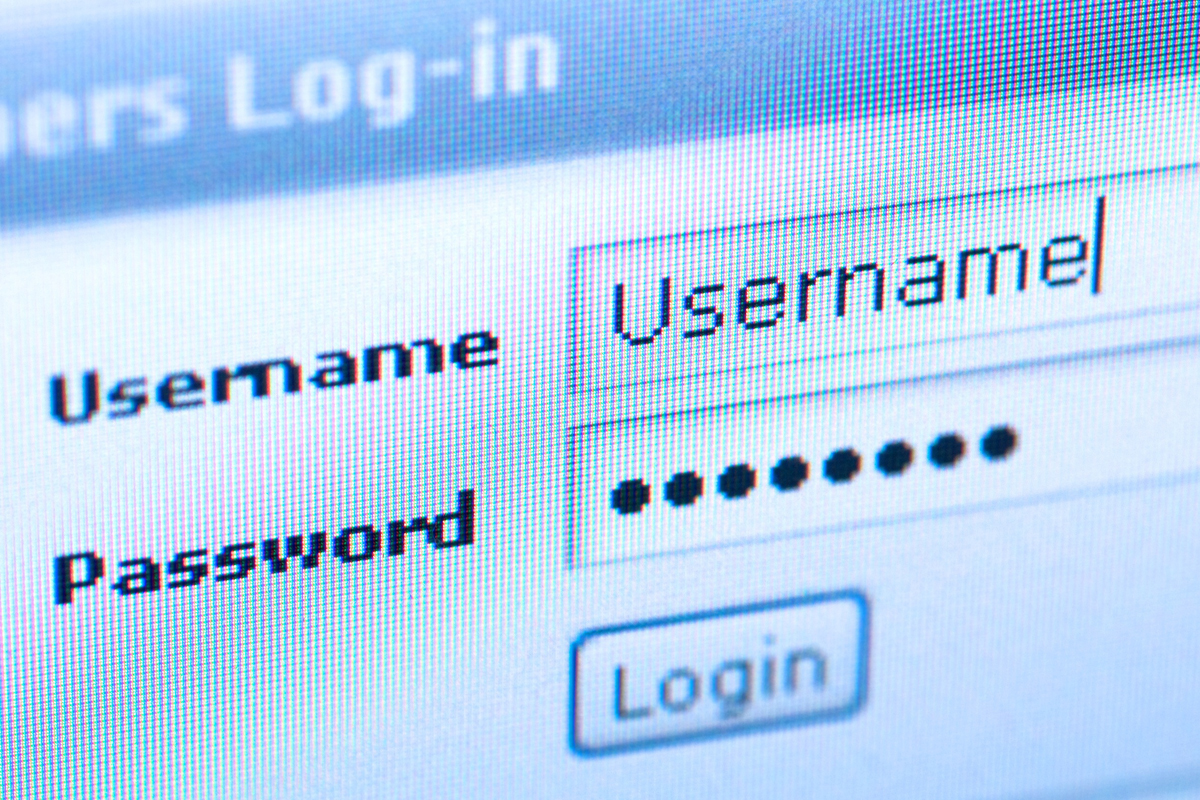

In the end, what makes implementing a successful secure password management strategy is actually having a strategy in the first place insists Kevin Bocek, director at IronKey. "While it may seem simple" Bocek tells us "it's most important to have a password management strategy and policy of some sort that's actually implemented and enforced even though it's not perfect".
At the smaller end of the enterprise scale, this is often still not yet accomplished. But with the Information Commissioner's Office placing the spotlight on data breaches, many organisations of all sizes have started encrypting mobile data.
"Without being able to enforce and report on encryption use, including the type and quality of passwords used for unlocking encryption keys" Bocek warns "escaping a fine that can reach 500,000 could provide difficult".
Which is where a Continuous Controls Monitoring (CCM) solution can be useful, suggests Richard Hunt.
"CCM provides users with real-time status assurances for all of their compliance control points" he explains "a rule can be configured that triggers an automatic and regular review of password complexity to ensure that user passwords contain enough variation in terms of numbers and upper and lowercase letters". Any exceptions will be automatically flagged in the control output and then reviewed by the IT Admin for relevant action.
Secure or not secure?
So what makes a truly secure password? Jason Hart, an ex-ethical hacker and now vice president of security at CRYPTOCard has a very straight response to the question: nothing makes a password truly secure!
Get the ITPro daily newsletter
Sign up today and you will receive a free copy of our Future Focus 2025 report - the leading guidance on AI, cybersecurity and other IT challenges as per 700+ senior executives
"Passwords are the softest security target" Hart warns "and until people and organisations start adopting strong authentication in the form of, for instance, two-factor authentication this problem won't go away".
Sadly, of course, he is right. Which is why many enterprises are now combining something you have (such as a smartcard or USB stick with a one time password function) with something you know (a PIN) to secure their networks instead.
Davey is a three-decade veteran technology journalist specialising in cybersecurity and privacy matters and has been a Contributing Editor at PC Pro magazine since the first issue was published in 1994. He's also a Senior Contributor at Forbes, and co-founder of the Forbes Straight Talking Cyber video project that won the ‘Most Educational Content’ category at the 2021 European Cybersecurity Blogger Awards.
Davey has also picked up many other awards over the years, including the Security Serious ‘Cyber Writer of the Year’ title in 2020. As well as being the only three-time winner of the BT Security Journalist of the Year award (2006, 2008, 2010) Davey was also named BT Technology Journalist of the Year in 1996 for a forward-looking feature in PC Pro Magazine called ‘Threats to the Internet.’ In 2011 he was honoured with the Enigma Award for a lifetime contribution to IT security journalism which, thankfully, didn’t end his ongoing contributions - or his life for that matter.
You can follow Davey on Twitter @happygeek, or email him at davey@happygeek.com.
-
 Enterprises face delicate balancing act with data center sustainability goals
Enterprises face delicate balancing act with data center sustainability goalsNews High energy consumption, raw material requirements, and physical space constraints are holding back data center sustainability efforts, according to new research from Seagate.
By Emma Woollacott
-
 Cleo attack victim list grows as Hertz confirms customer data stolen
Cleo attack victim list grows as Hertz confirms customer data stolenNews Hertz has confirmed it suffered a data breach as a result of the Cleo zero-day vulnerability in late 2024, with the car rental giant warning that customer data was stolen.
By Ross Kelly
-
 I love magic links – why aren’t more services using them?
I love magic links – why aren’t more services using them?Opinion Using magic links instead of passwords is safe and easy but they’re still infuriatingly underused by businesses
By Solomon Klappholz
-
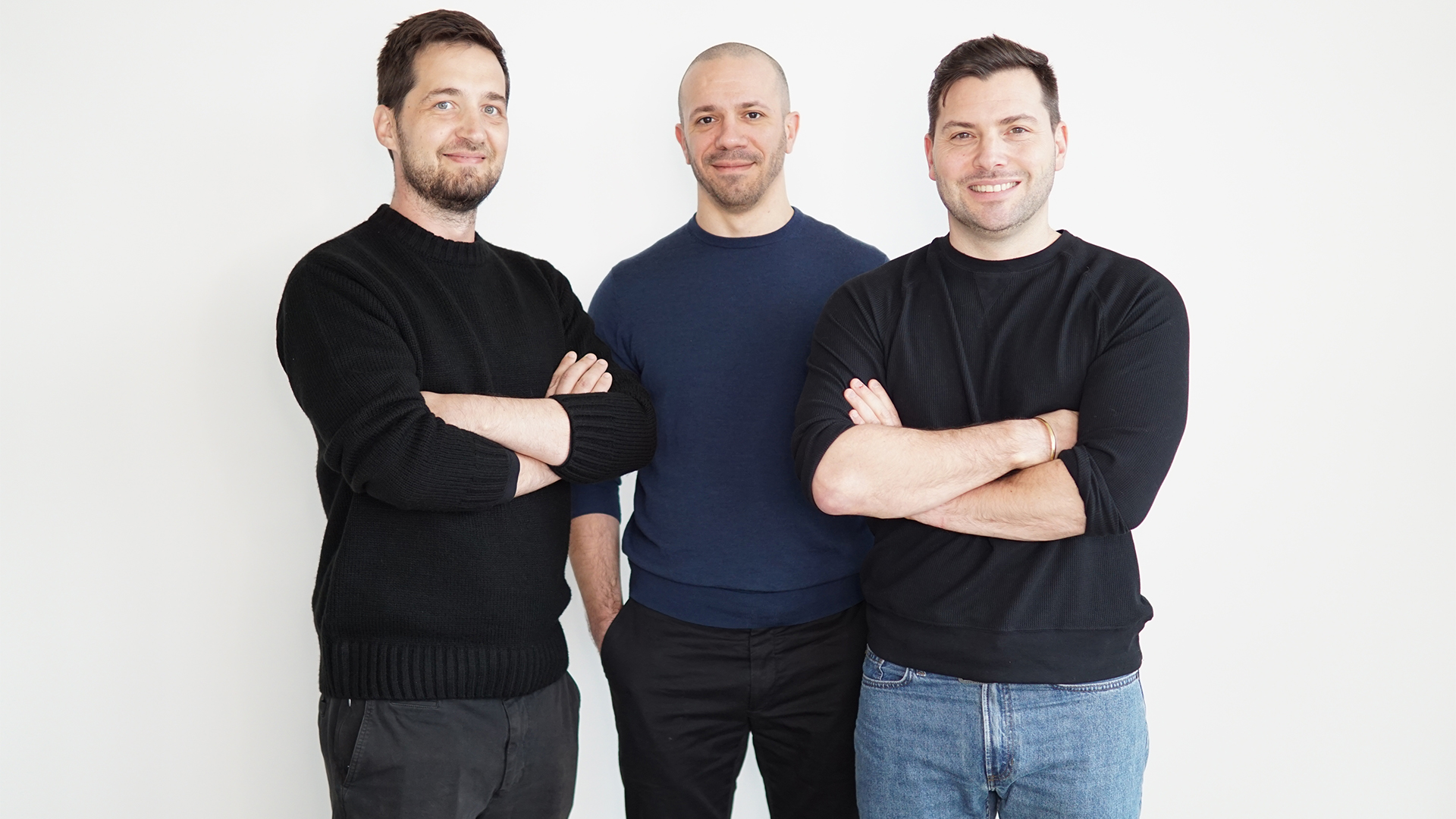 Password management startup Passbolt secures $8 million to shake up credential security
Password management startup Passbolt secures $8 million to shake up credential securityNews Password management startup Passbolt has secured $8 million in funding as part of a Series A investment round.
By Ross Kelly
-
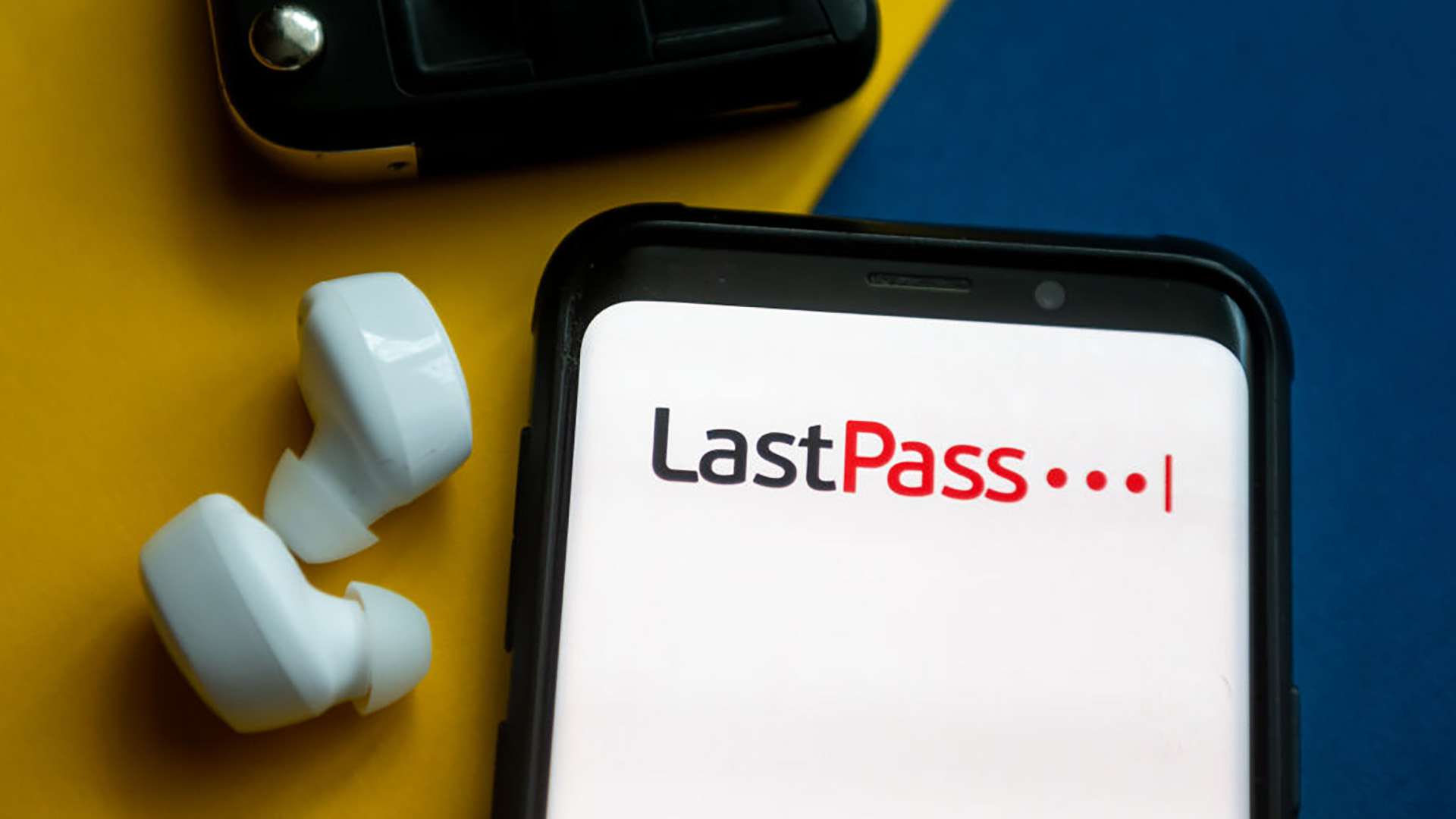 LastPass breach comes back to haunt users as hackers steal $12 million in cryptocurrency
LastPass breach comes back to haunt users as hackers steal $12 million in cryptocurrencyNews The hackers behind the LastPass breach are on a rampage two years after their initial attack
By Solomon Klappholz
-
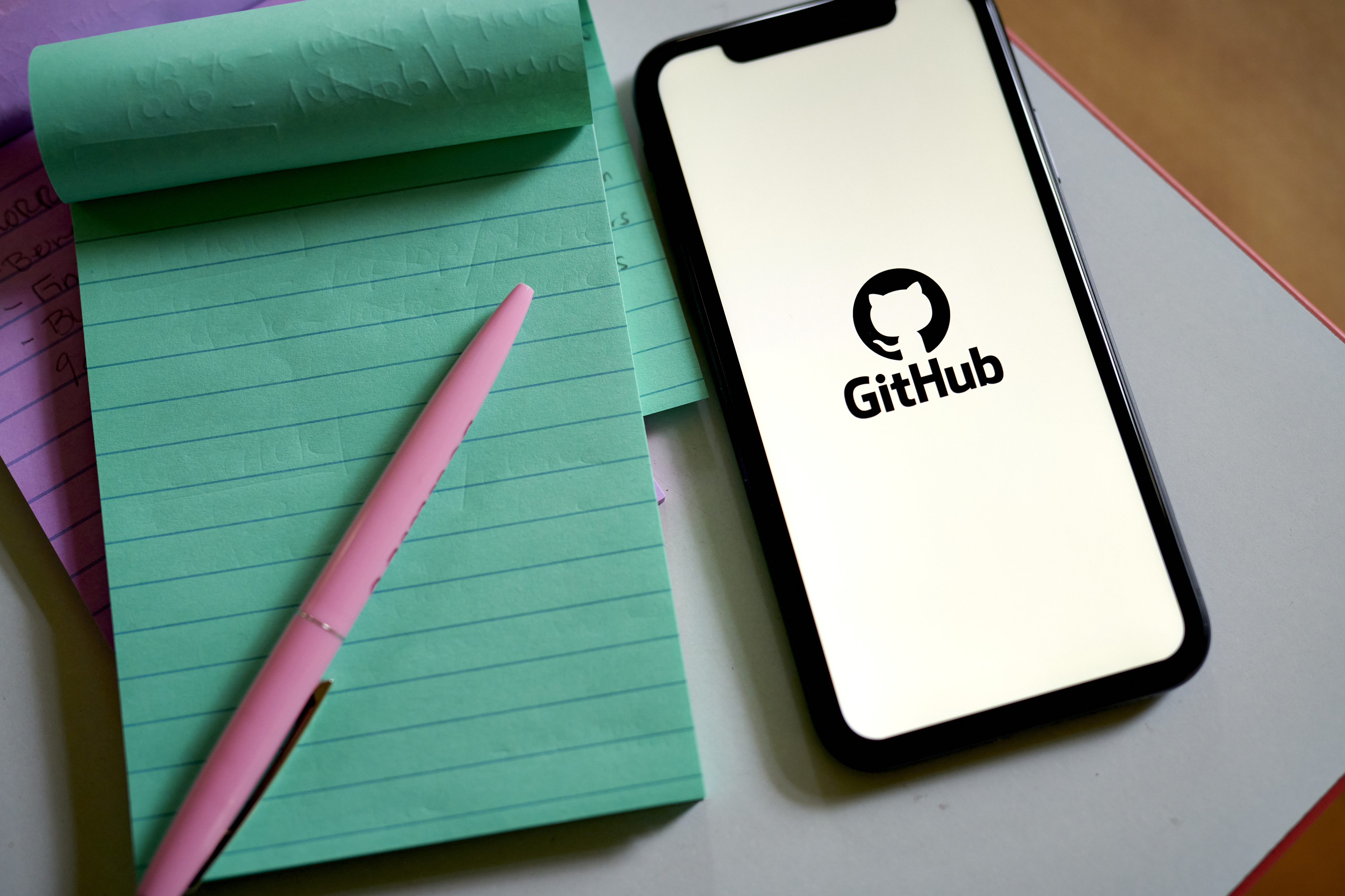 GitHub launches passkeys beta for passwordless authentication
GitHub launches passkeys beta for passwordless authenticationNews Users can now opt-in to using passkeys, replacing their password and 2FA method
By Daniel Todd
-
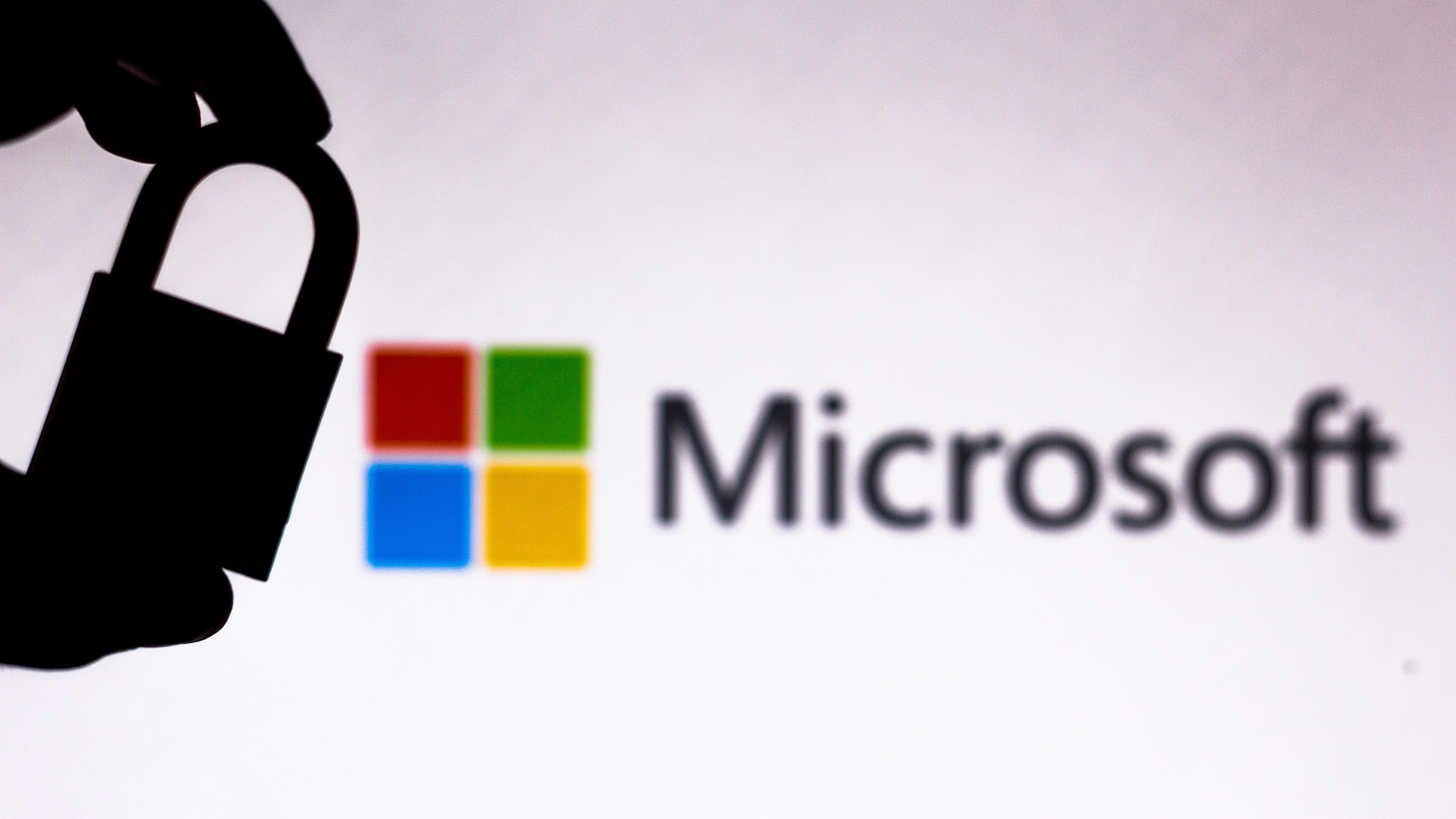 Microsoft SQL password-guessing attacks rising as hackers pivot from OneNote vectors
Microsoft SQL password-guessing attacks rising as hackers pivot from OneNote vectorsNews Database admins are advised to enforce better controls as attacks ending in ransomware are being observed
By Rory Bathgate
-
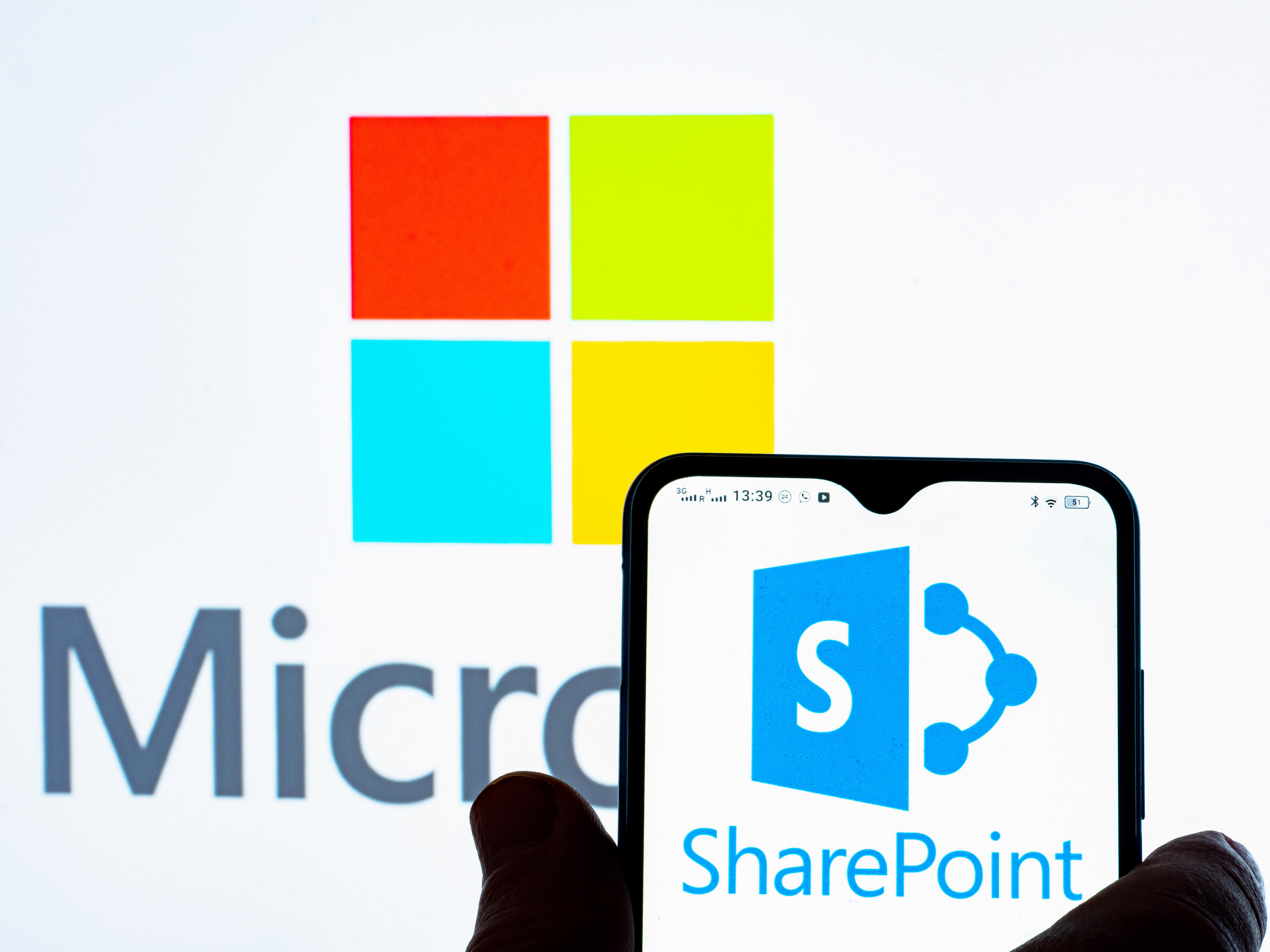 No, Microsoft SharePoint isn’t cracking users’ passwords
No, Microsoft SharePoint isn’t cracking users’ passwordsNews The discovery sparked concerns over potentially invasive antivirus scanning practices by Microsoft
By Ross Kelly
-
 Microsoft Authenticator mandates number matching to counter MFA fatigue attacks
Microsoft Authenticator mandates number matching to counter MFA fatigue attacksNews The added layer of complexity aims to keep social engineering at bay
By Connor Jones
-
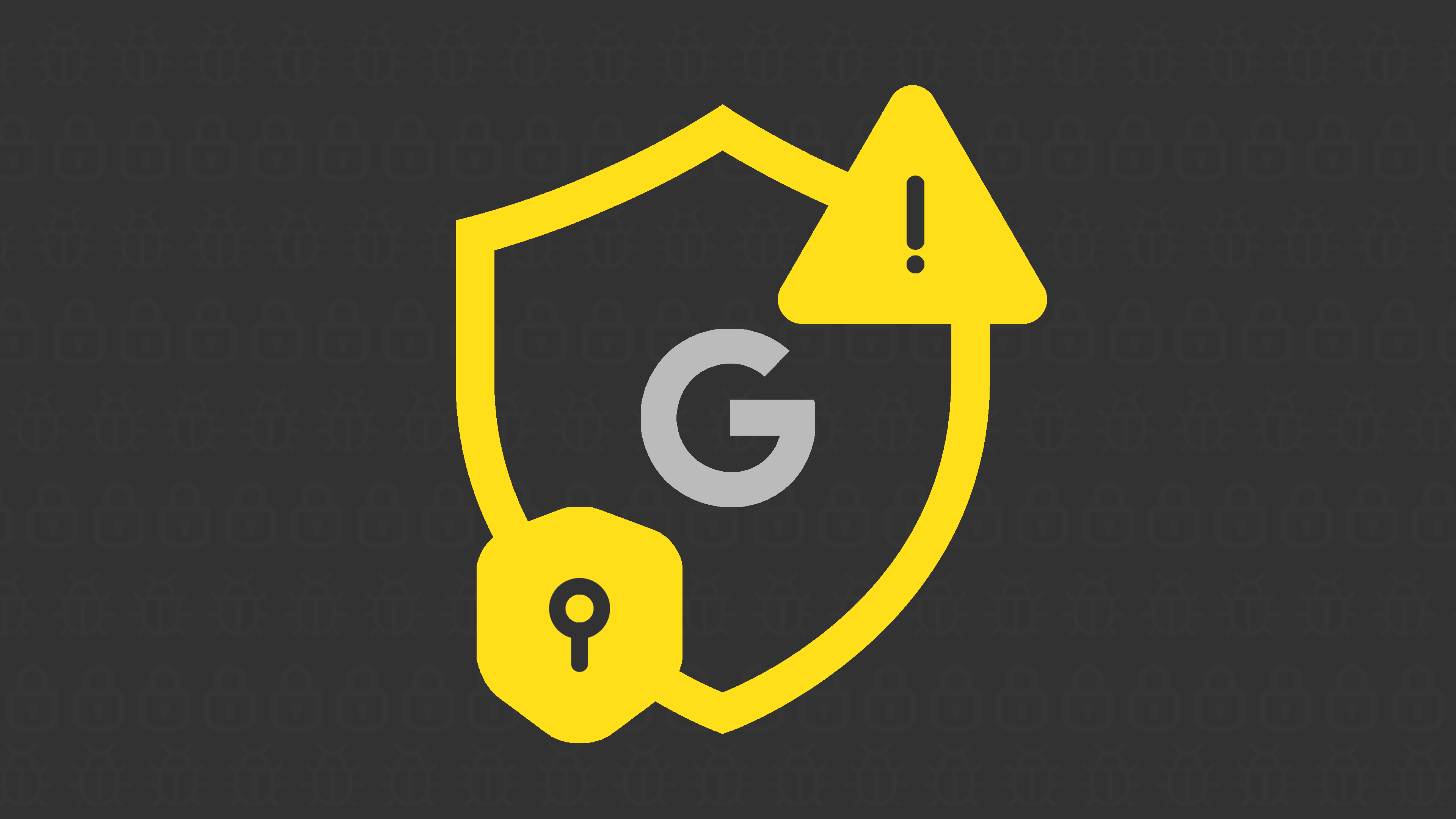 As Google launches passwordless authentication for all, what are the business benefits of passkeys?
As Google launches passwordless authentication for all, what are the business benefits of passkeys?News Google follows Apple in its latest shift to passwordless authentication, but what are the benefits?
By Ross Kelly